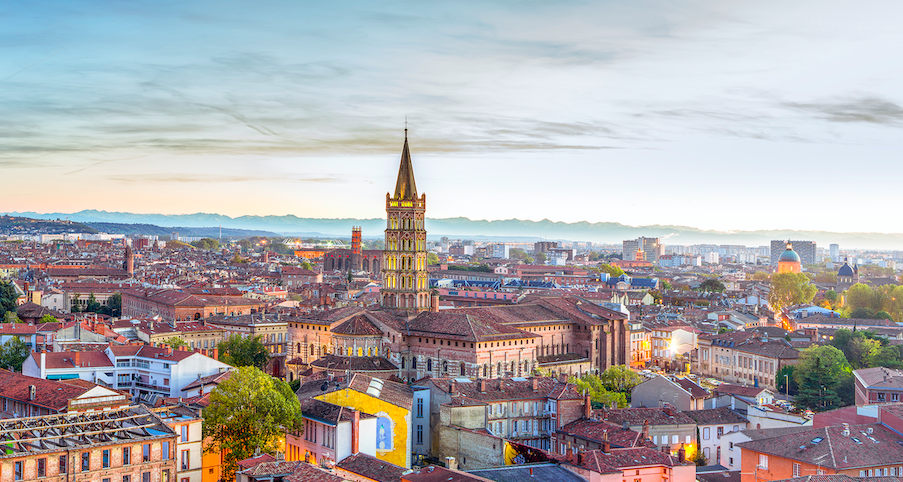The First Industrial Revolution used water and steam power to mechanize production. The Second used electric power to create mass production. The Third used electronics and information technology to automate production. Now a Fourth Industrial Revolution is building on the Third, characterized by a fusion of technologies that is blurring the lines between the physical, digital, and biological spheres.
How Toulouse can help fund your conference
Dedicated to help local committees that want to organize large-scale business events, the Toulouse Metropole’ Congress Support Fund is here to support national or international associations, learned societies, national or international professional federations, higher education and research establishments, or private-public consortiums with a predominance of public structures.
Large-scale conferences (more than 9,000 overnight stays) well as those promoting sectors of excellence are fully eligible, as well as certain international scientific conferences (for example being ranked by the International Congress & Convention Association).
The speed of current breakthroughs has no historical precedent. When compared with previous industrial revolutions, the Fourth is evolving at an exponential rather than a linear pace, and is majorly disruptive. The breadth and depth of these changes simply herald the transformation of entire systems of production, management, and governance.
The possibilities of billions of people connected by mobile devices, with unprecedented processing power, storage capacity, and access to knowledge, are unlimited. And these possibilities are being multiplied by constant technology breakthroughs in fields such as artificial intelligence, robotics, the Internet of Things, autonomous vehicles, 3-D printing, nanotechnology, and many more.
If some might find that a bit scary, others, like the city of Toulouse, have made it its competitive edge, with the capital of Occitania being at the forefront of research and development in many SMART industries, especially in the mobility field. Examples are legion and include ANITI, the Artificial and Natural Intelligence Toulouse Institute, one of the four French AI institute developing explainable and embeddable AI algorithms, which paves the way towards a more connected and autonomous mobility, or major structural initiatives across the region, such as DEMETER (alternative and bio-fuels, fossil fuels reduction) or the HyPort hydrogen plan project, which will create a unique major regional cluster focusing on sustainable and intelligent mobility.
Within the LOM framework, the recent French legislation regarding transport, Toulouse is also committed on a day-to-day basis to testing green and user-friendly solutions that have an inclusive focus and are applicable to all members of the public. In that regard, the city aims to bring together technological, organisational and usage innovations across the urban area in a coherent manner that bolsters and interconnects town planning, transport, local services and economic development.
Additionally, Toulouse wants to play an active role in the European Green Deal, which will make Europe the world’s first climate-neutral continent by 2050. Toulouse Métropole is, in this context, fully committed to this ambition, as demonstrated by its new ECO_MODE project for example, which aims to decarbonise mobility across the region, reducing the energy sourced from fossil fuels by 1 TWhc in less than three years. Supported by the French Government, this programme will allow for the implementation of a long-term model that encourages more sustainable thinking in terms of mobility, targeting local people, businesses and institutions. This adds to the other major programmes taking place locally that are tasked with adapting to climate change, generating renewable energy and improving air quality.
For more information on Toulouse as a conference destination, visit this website or contact Rodolphe Garcia at Toulouse Convention Bureau.
